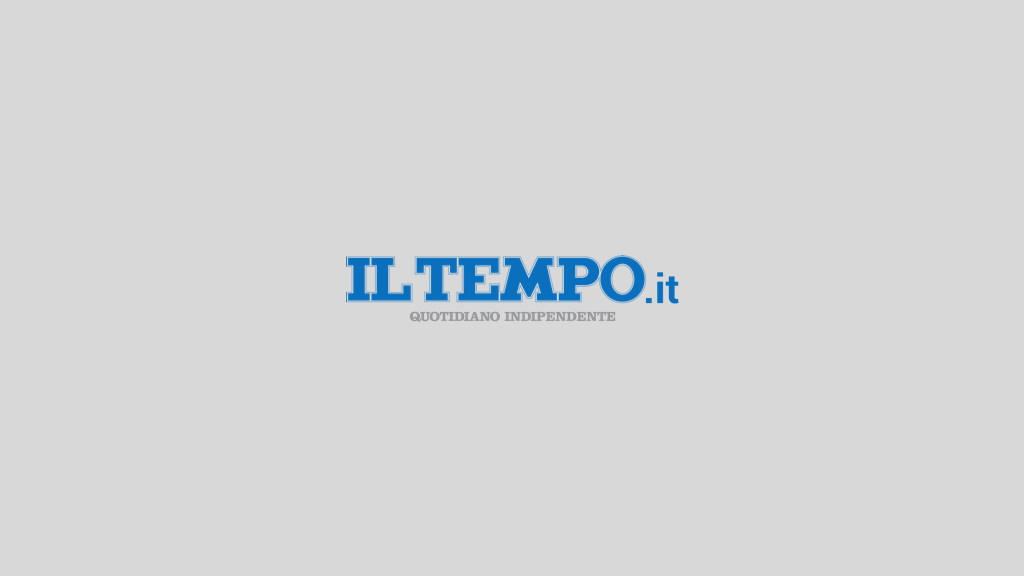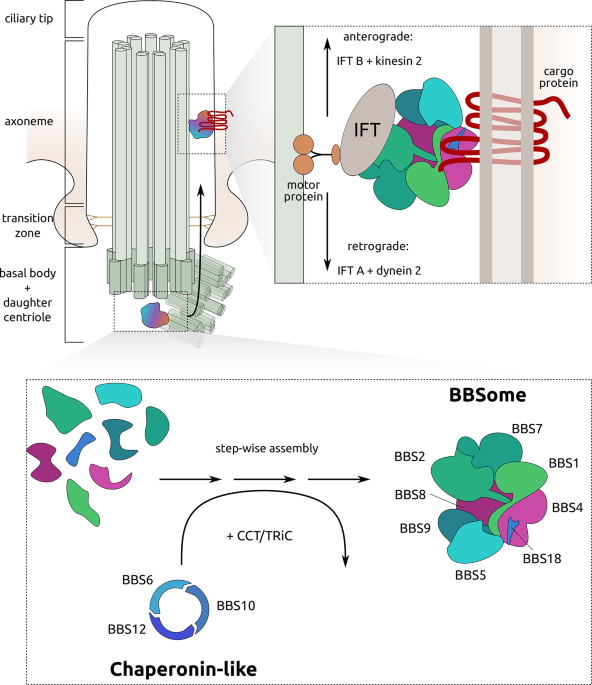Late Double Strike Propels Degerfors to First Win Under Goitom

Degerfors IF secured their first victory since mid-May with a dramatic 3-1 comeback win against IK Sirius in Sunday's Allsvenskan encounter at Studenternas IP in Uppsala. The match appeared destined for a draw until two stoppage-time goals transformed the outcome, providing crucial points for the visiting team in their battle against relegation.
The home side started brightly, with Leo Walta converting a penalty in the 19th minute to give Sirius an early advantage. The 1-0 lead held through halftime as Sirius controlled proceedings, but Degerfors emerged with renewed determination after the break. Marcus Rafferty equalized in the 58th minute with a well-placed shot into the far corner after receiving the ball in the penalty area.
For the remainder of regular time, the match seemed headed for a share of the points until Dijan Vukojevic broke the deadlock in the 91st minute with what proved to be the winning goal. Just one minute later, Philippe Ndinga Ossibadjouo sealed the victory with Degerfors' third goal, completing a remarkable turnaround in the closing stages.
The victory marks Henok Goitom's first win as Degerfors head coach and moves the team to within three points of Halmstad BK, who occupy the relegation playoff position. With 19 points from 24 matches, Degerfors remains in 15th place but gains valuable momentum heading into the final stretch of the season, while Sirius sits tenth in the table with 26 points.


